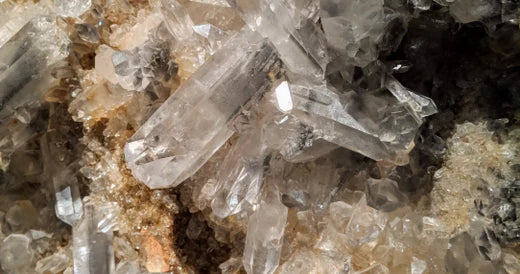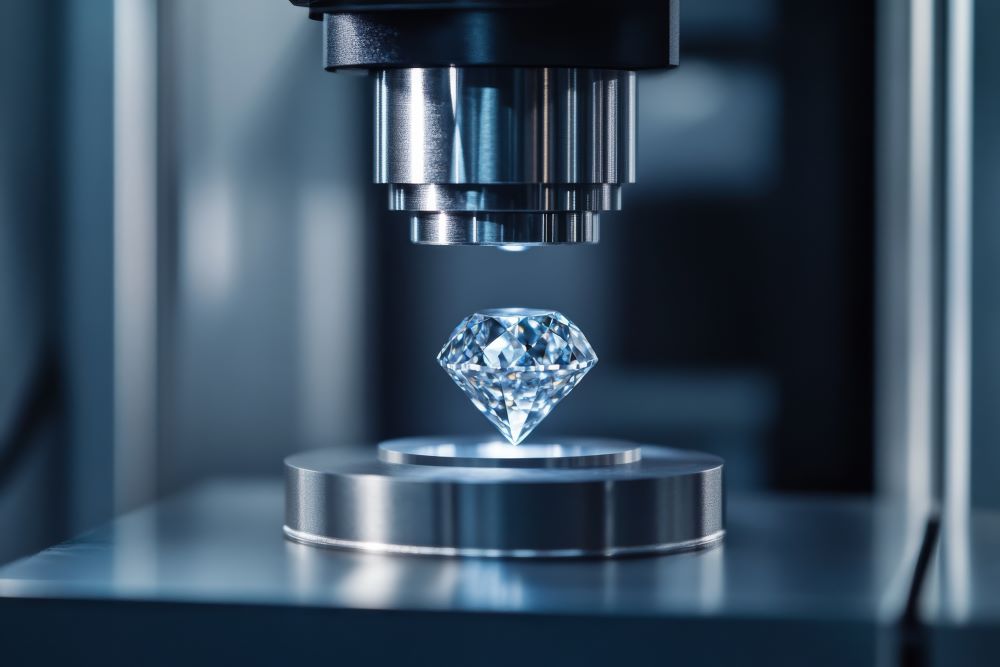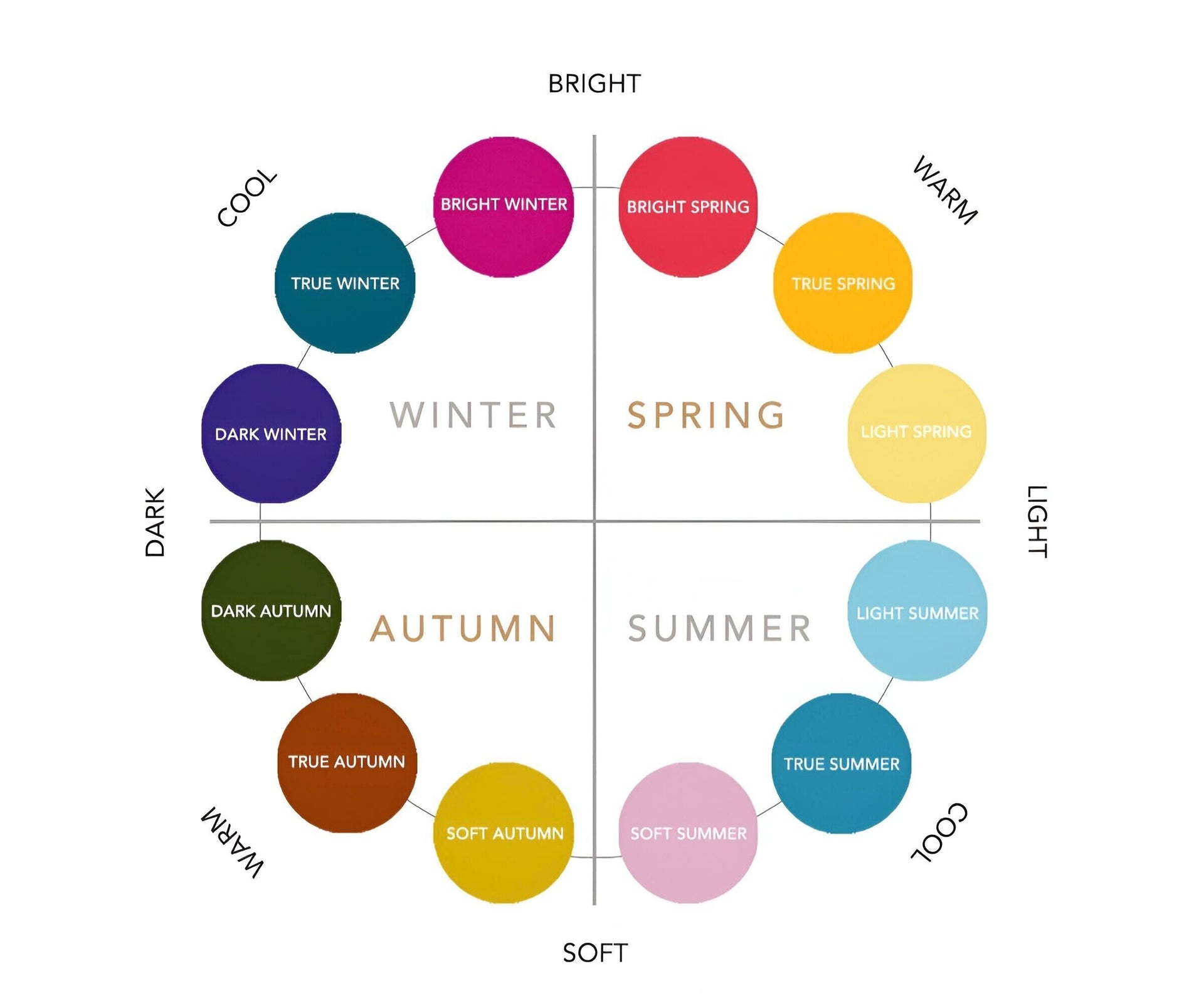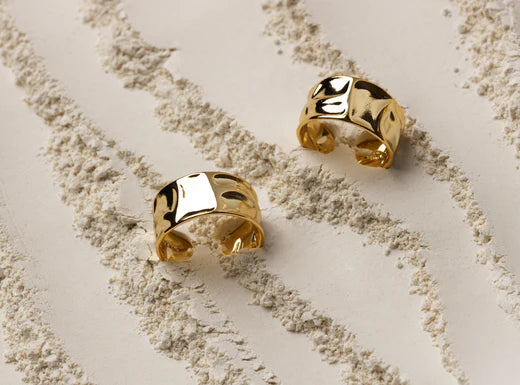Jewellery has always been a deeply personal expression of individuality and meaning. However, traditional jewellery production has historically had a high environmental and ethical cost. The extraction of natural resources and the use of exploitative labour practices have left a mark on both the environment and the communities involved. Fortunately, growing consumer awareness has sparked a shift towards sustainable and ethical jewellery, providing an opportunity for people to express themselves in a more responsible way.
But what exactly is sustainable jewellery? Why does it matter? And how can you make informed choices that align with your values? This guide will walk you through the key aspects.
What is Sustainable Jewellery?
Sustainable jewellery focuses on reducing the environmental and social impact of its production. The key principles include:
- Materials: Using recycled metals and responsibly sourced gemstones.
- Mining: Supporting small-scale mining operations that prioritise ethical practices.
- Manufacturing: Ensuring safe and fair working conditions, often through local production.
- Lifecycle: Designing pieces that are intended to be reused, repurposed, or recycled.
Sustainable jewellery not only looks beautiful but also aligns with values of environmental responsibility and ethical craftsmanship. It takes into account the entire supply chain, from extraction to end-of-life, ensuring that both people and the planet are treated with care.
The Environmental Impact of Traditional Jewellery
Many people may not realise that producing traditional jewellery has a significant environmental impact. Precious metals and gemstones are often mined in ways that harm the environment and local communities. Large-scale mining operations, in particular, can devastate ecosystems, pollute water sources, and leave lasting damage to the landscape.
The manufacturing process is similarly harmful. The energy required to smelt metals and set gemstones is substantial, and the waste produced can release toxins into surrounding areas. Workers in these industries frequently endure unsafe conditions and receive unfair wages.

By contrast, sustainable jewellery offers a more ethical and environmentally friendly alternative. Choosing sustainable jewellery helps reduce harm and creates a legacy of responsible craftsmanship that can be passed down through generations.
How Atlas Carré Embraces Sustainability
At Atlas Carré, we are committed to reducing our environmental impact and upholding ethical labour standards. Here’s how we do it:
- We offer jewellery that is sustainable at every stage of production, so you can feel good about what you bring home.
- We source metals from verified recycled sources and work with artisanal mining operations that prioritise responsible extraction methods.
- Our gemstones are natural, responsibly sourced, and processed in ethical, humane conditions.
- We prioritise local manufacturing to reduce our carbon footprint and ensure our workforce operates in safe, fair environments.
- We design our pieces to last a lifetime and offer recycling or repurposing services at the end of their lifecycle.
When you choose our jewellery, you’re not just buying a beautiful piece—you’re joining us on a mission to protect the planet and promote ethical practices.
Ethical Sourcing in Jewellery
The materials used in jewellery hold significant meaning, not only in their beauty but also in how they are sourced. Precious metals and gemstones are extracted from deep within the earth, and the way they are mined and processed leaves a lasting impact on the environment and the people involved.
We prioritise sourcing precious metals from certified recycling programmes and small-scale mining partnerships that adhere to ethical standards. Recycled metals are a fantastic alternative, as they significantly reduce the need for further mining. Similarly, we work with small-scale mines that minimise their environmental footprint and support local communities.
Our approach to gemstones is equally conscientious. We ensure that all our gemstones come from sources that uphold ethical practices, avoiding suppliers that engage in harmful or exploitative labour. For example, we have chosen sapphire suppliers in Sri Lanka and ruby sources in Australia where sustainable and ethical practices are promoted.
Why Choosing Sustainable Jewellery is a Smart Investment
Sustainable jewellery offers the same high level of craftsmanship and luxury as traditional jewellery, but with the added benefit of ethical production. Recycled metals and ethically sourced gemstones are just as pure and valuable as those mined from the earth, and sustainable jewellery is designed to last, with solid metals and durable settings that can be cherished for years to come.
This longevity, paired with timeless design, makes sustainable jewellery a smart investment—not just financially, but also ethically. By purchasing sustainable pieces, you are supporting communities and helping to preserve limited natural resources.
FAQs
What are some sustainable alternatives to popular gemstones?
Lab-grown diamonds, moissanite, coloured sapphires, aquamarine, white topaz, and garnet are all excellent alternatives to traditionally mined gemstones. These options require less energy to produce and offer a similar aesthetic without the ethical concerns of traditional mining.
How can I tell if a jewellery brand is greenwashing?
Transparency is key. A reputable brand will provide detailed information about where their metals and gemstones come from. If a brand’s sustainability claims are vague or lack substance, it may be engaging in greenwashing.
Is recycled gold better for the environment?
Yes, recycled gold is far less harmful to the environment than newly mined gold. It reduces the demand for fresh mining and requires significantly less energy to process, lowering carbon emissions and minimising waste.
Should I avoid antique jewellery?
Antique and estate jewellery are often highly sustainable choices. These pieces reuse materials that were mined long ago, reducing the need for new resources. In many cases, the gold and gemstones in antique jewellery have been repurposed, making them a thoughtful, eco-friendly option.
How can I make my existing jewellery more sustainable?
You can work with a jeweller to reset your existing pieces using recycled metals or ethically sourced gemstones. This allows you to breathe new life into your jewellery while avoiding the need for newly mined materials.
Are large corporate jewellery brands a bad choice?
Larger brands often struggle with transparency, making it difficult to verify their ethical claims. In general, it’s safer to support smaller brands that can provide full transparency about their sourcing and production practices.
Should I avoid diamonds altogether if I want sustainable jewellery?
Not necessarily. You can choose lab-grown or recycled diamonds, or opt for diamonds that come with third-party certification verifying their ethical origin. The issue is not diamonds themselves, but the exploitative practices often associated with traditional mining.
How can I verify sustainability claims from a small jewellery business?
Look for transparency reports, fair trade certifications, and specific information about the business’s mining and sourcing practices. A reputable small business should have no issue providing this information.
By choosing sustainable jewellery, you’re making a statement about what truly matters—both to you and to the world around you.



